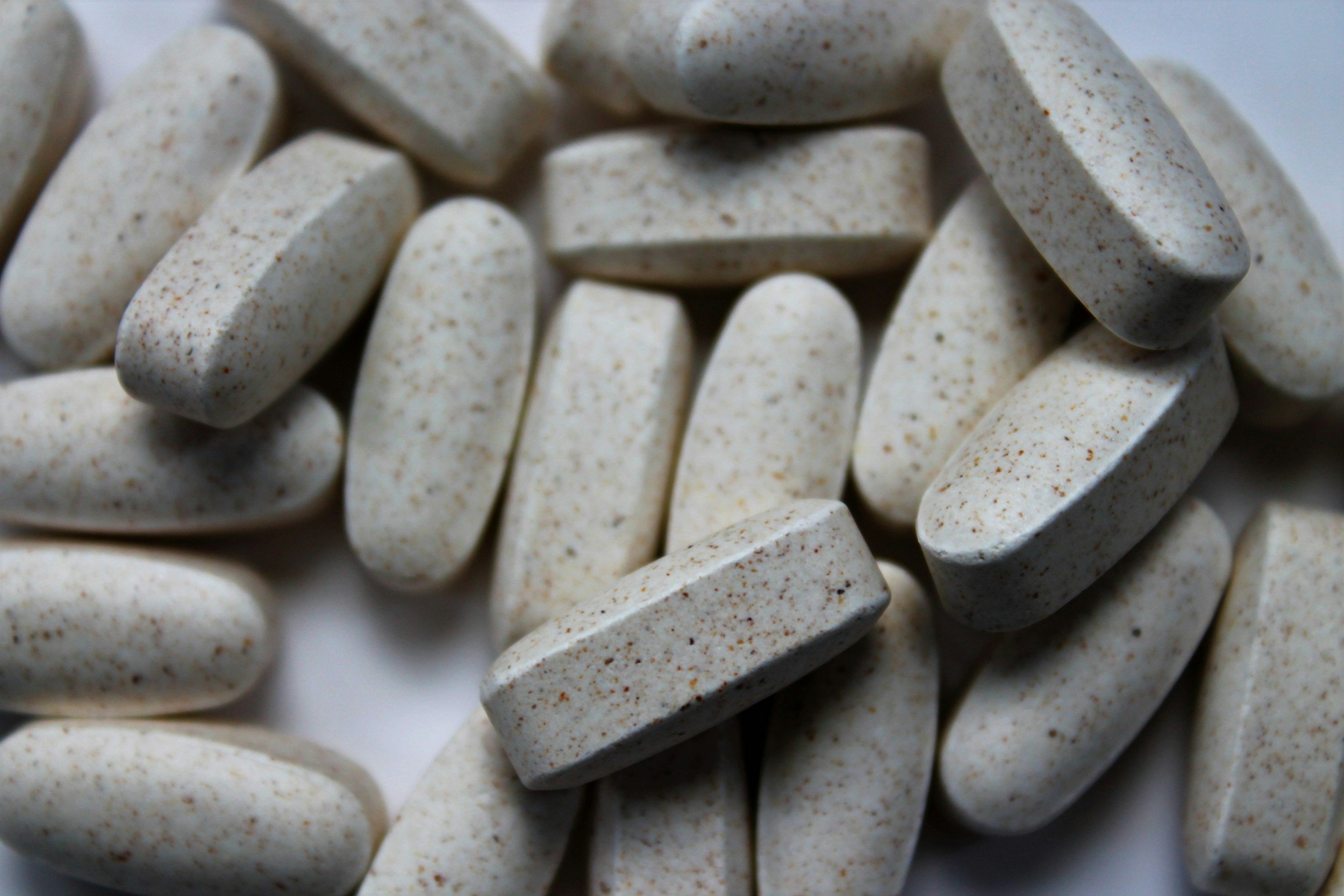Functional Nutrition for Postpartum Depletion
As a functional nutritionist and a mother, I know firsthand the challenges of postpartum depletion. After giving birth, I struggled with extreme fatigue, brain fog, and nutrient deficiencies that impacted both my energy and mood. It wasn’t until I took a deeper look into functional nutrition and targeted testing that I was able to fully recover. Postpartum depletion is real, and addressing it through proper nutrition, supplementation, and lifestyle practices can make all the difference.
Nourishing Diet for Postpartum Recovery
A nutrient-dense diet is essential for replenishing the body and supporting long-term health. Prioritizing whole, unprocessed foods helps restore depleted nutrient stores and balance hormones.
Whole Foods: Focus on organic, nutrient-dense options to nourish and sustain the body.
Fruits and Vegetables: Aim for 8-10 servings daily, prioritizing leafy greens and colorful produce for antioxidants and essential micronutrients.
Gluten-Free Whole Grains (if tolerated): Quinoa, brown rice, and oats provide steady energy and support lactation. Non-grain starches like sweet potatoes can also be excellent choices.
High-Quality Proteins: Incorporate grass-fed beef, eggs, organic poultry, wild-caught fish, and plant-based proteins like organic tofu/tempeh, beans and lentils. Organ meat blends can be particularly beneficial.
Healthy Fats: Include fatty fish (salmon, sardines), avocados, nuts, seeds, and high-quality oils (avocado, olive, coconut) to support brain function and hormone balance.
Hydration: Drink plenty of water, herbal teas, and nutrient-rich broths. A general guideline is half your body weight in ounces of water daily.
Breastfeeding mothers typically need an additional 450-500 calories per day to support milk production. Eating balanced meals with a protein source every 4 hours within a 12-hour window helps stabilize blood sugar and energy levels.
Key Supplements for Postpartum Depletion
Even with a well-balanced diet, supplementation can be necessary to restore nutrient levels.
A high-quality prenatal multivitamin can also be used as a postnatal supplement to help fill nutritional gaps during the postpartum period. I particularly like WeNatal, which includes key nutrients such as iron, vitamin D, and a full B-complex (including methylated B6, folate, and B12) to support energy, mood, and recovery.
In addition to a foundational multivitamin, the following targeted nutrients can provide therapeutic support:
Omega-3 Fatty Acids (EPA & DHA): 2 grams daily to support mood regulation, cognitive function, and inflammation resolution.
Additional Magnesium Glycinate: 200–400 mg daily for nervous system support, muscle relaxation, and improved sleep quality.
Probiotics: 10–20 billion CFUs daily to support gut health and neurotransmitter production. Target GBX by Klaire Labs is a well-tolerated option, especially during times of postpartum depletion.
Additional Consideration: Antioxidant Support
Postpartum recovery places a high demand on the body’s antioxidant systems. To further support cellular repair and reduce oxidative stress, consider incorporating:
Additional Vitamin C (500–1000 mg daily): Supports immune function and tissue healing.
CoQ10 (100–200 mg daily): Enhances mitochondrial energy production and may help with postpartum fatigue.
NAC (N-acetylcysteine): Precursor to glutathione, the body’s master antioxidant; helpful for detoxification and immune support.
Alpha-lipoic acid (ALA): Supports blood sugar balance and regeneration of other antioxidants.
Always tailor supplement use to individual needs and consider reviewing lab work with a practitioner to assess for specific deficiencies.
The Importance of Functional Testing for Postpartum Health
Postpartum depletion is often caused by a combination of nutrient deficiencies, hormonal imbalances, and gut dysfunction. Functional testing provides valuable insights into what’s truly going on in the body.
Some recommended tests include:
NutraEval by Genova Diagnostics – A comprehensive test that assesses vitamin, mineral, fatty acid, and antioxidant levels.
DUTCH Test – Evaluates adrenal and hormonal function to understand stress and postpartum hormone fluctuations.
GI Map – Assesses gut health, including microbiome imbalances and inflammation that can impact mood and digestion after pregnancy.
By identifying specific deficiencies, we can create a more tailored and effective postpartum recovery plan.
Preventing Postpartum Depletion: Nutrient Optimization During Pregnancy
One of the best ways to prevent postpartum depletion is to focus on nutrient optimization during pregnancy. Many women are undernourished going into the postpartum period, leading to fatigue, mood imbalances, and prolonged recovery.
Key strategies include:
Increasing Iron Intake: Many women enter postpartum already iron-deficient.
Heme iron sources (better absorbed): Grass-fed red meat, liver, chicken, and seafood.
Non-heme iron sources (less absorbable, pair with vitamin C for better absorption): Spinach, lentils, tofu, quinoa, and pumpkin seeds. Pair with citrus fruits, bell peppers, or strawberries for enhanced absorption.
Maintaining Omega-3 Levels: Higher omega-3 intake during pregnancy supports postpartum brain health and reduces the risk of postpartum depression (PPD). Sources include high sources like pacific wild-caught salmon, sardines and plant based cources like walnuts, and flaxseeds.
Focusing on Protein & Collagen: Essential for tissue repair, reducing postpartum hair loss, and supporting overall recovery. Good sources include bone broth, chicken, eggs, and collagen peptides.
Boosting Magnesium & B Vitamins: To support nervous system health and energy production. Found in leafy greens, nuts, seeds, dark chocolate and whole grains.
Avoiding Over-Supplementation: Some women overconsume certain nutrients during pregnancy (such as excessive folic acid without proper methylation support), which can create imbalances postpartum. Talking to a practitioner and making sure you are taking quality supplements before preganacy us key to avoiding this.
Lifestyle Practices for Postpartum Recovery
Beyond diet and supplementation, lifestyle adjustments are crucial for postpartum healing and well-being.
Gentle Movement: Walking, yoga, and postpartum-specific exercises can help boost energy and mood. Walking after meals to support blood sugar stabilization can be particularly helpful.
Sleep Support: Prioritizing 7-9 hours of quality sleep is essential. Consider sleep hygiene strategies and asking for support with nighttime baby care.
Stress Management: Practices like meditation, deep breathing, and acupuncture can significantly reduce stress and support hormonal balance.
Social Connection: Engaging with a supportive community can reduce feelings of isolation and improve mental health.
Mental Health Support: Seeking professional counseling or therapy focused on postpartum recovery can provide crucial emotional support.
Additional Resources
For those looking to dive deeper into natural postpartum recovery, I highly recommend these books:
Natural Health After Birth: The Complete Guide to Postpartum Wellness by Aviva Romm
A Natural Guide to Pregnancy and Postpartum Health by Dean Raffelock
Postpartum depletion is not something you have to struggle through alone. With the right nutritional strategies, testing, and lifestyle practices, full recovery is possible. If you're experiencing signs of depletion and need support, I’d love to help you develop a personalized plan for your postpartum journey.
Sarah Palamara, MS, CNS, Functional Nutritionist








